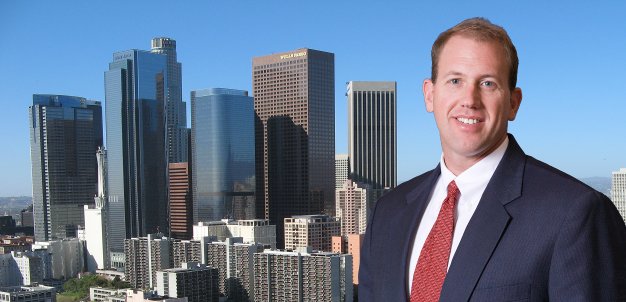PRACTICE AREAS OVERVIEW
- Assault
- Assault With A Deadly Weapon
- Assault With A Firearm
- Attempted Murder
- Bail Bonds
- Blogs
- Burglary
- Carjacking
- Child Abduction
- Child Abuse
- Child Molestation
- Criminal Threats
- Domestic Violence
- DUI
- False Imprisonment
- Gross Vehicular Manslaughter
- Indecent Exposure
- Involuntary Manslaughter
- Kidnapping
- Law In The News
- Mayhem
- Murder
- Negligent Discharge Of A Firearm
- Petty Theft
- Possession of Child Pornography
- Prostitution
- Rape
- Resisting Arrest
- Robbery
- Sexual Battery
- Sodomy
- Spousal Battery
- Statutory Rape
- Vehicular Manslaughter
- Voluntary Manslaughter
SPECIALIZED CITIES
- Beverly Hills Criminal Defense Lawyer
- Burbank Criminal Defense Lawyer
- Culver City Criminal Defense Lawyer
- Encino Criminal Defense Lawyer
- Marina Del Rey Criminal Defense Lawyer
- North Hollywood Criminal Defense Lawyer
- Pasadena Criminal Defense Lawyer
- Santa Monica Criminal Defense Lawyer
- Sherman Oaks Criminal Defense Lawyer
- Studio City Criminal Defense Lawyer
- Tarzana Criminal Defense Lawyer
- Torrance Criminal Defense Lawyer
- Valencia Criminal Defense Lawyer
- Van Nuys Criminal Defense Lawyer
- Venice Criminal Defense Lawyer
- West Covina Criminal Defense Lawyer
- Woodland Hills Criminal Defense Lawyer
Miranda Rights
In 1966, the U.S. Supreme Court decided the historic case of Miranda v. Arizona, declaring that whenever a person is taken into police custody, before being questioned he or she must be told of the fifth amendment right not to make any self-incriminating statements. As a result of Miranda, anyone in police custody must be told four things before being questioned:
1. You have the right to remain silent.
2. Anything you say can and will be used against you in a court of law.
3. You have the right to an attorney.
4. If you cannot afford an attorney, one will be appointed for you.
If the police officer fails to give the Miranda warnings prior to questioning, any statements made cannot be used against the suspect in a court of law. Furthermore, any evidence discovered as a result of that statement or confession will likely be inadmissible.
The Court further instructed the police that if a suspect says he wants a lawyer, the police must stop any interrogation or questioning until an attorney is present. The police must give the suspect an opportunity to confer with his attorney and to have the attorney present during any subsequent questioning.
The Miranda warnings cannot prevent an individual from being arrested if they are not given. Simply, any statements made without being advised the Miranda rights will not be admissible in court. The police need probable cause to arrest someone that they believe has committed a crime. Probable cause is merely an adequate reason based on the facts or events. Police are required to read or give suspects their Miranda warnings only before questioning a suspect. Failing to follow the Miranda rules may cause suspects’ statements to be inadmissible in court; the original arrest may still be perfectly legal and valid.
